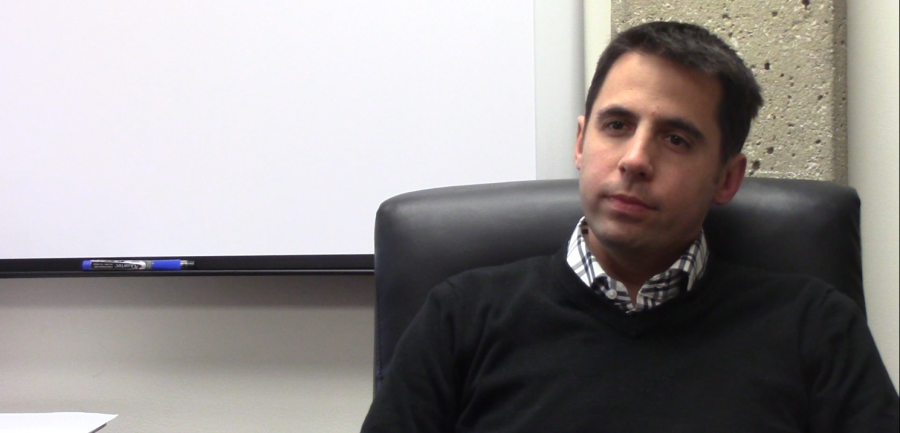Kent State professor receives grant to study police racial bias in young officers
A Kent State Economics professor received a $280,000 grant from the Department of Justice to study racial bias in policing.
Associate Professor Shawn Rohlin has been studying bias in policing since 2006, but only recently received the grant from the Department of Justice and the National Institute of Justice.
“Do officers start off biased and are forever biased? Or, do they start off biased and learn to be unbiased, or vice versa?” Rohlin said in an interview with TV2.
Rohlin and a professor from Syracuse University are collaborating on research that will try to determine what effect policing experience has on racial bias, specifically within the Syracuse City Police Department.
Rohlin wants to look at a couple aspects of police training, including a concept he refers to as “statistical discrimination.”
Rohlin explains it with the following analogy: “If you’re looking to hire someone and they have a college degree, you might say ‘I don’t know if this person is intelligent or not, but I know that college-educated people generally are, so I’ll assign them this ‘group average.’’”
When applied to race, it assigns an individual the statistics of the group or race he or she belongs to. Rohlin cites the cause of statistical discrimination not as overt racial prejudice, but rather as a lack of information. Preliminary research suggests that racial profiling is done by younger officers – and as those officers learn to stop individuals “correctly” and gather more information, the bias tends to go away after 3 or 4 years.
If the remainder of the research corroborates these early findings, Rohlin said that it may lead to some policy implications in police departments across the country – perhaps placing an emphasis on pairing younger officers with more experienced ones.
“Obviously, there’s been a lot of public incidents of citizens being injured or killed.” said Rohlin. “Perhaps, with better training and mentoring we might be able to mitigate that.”



